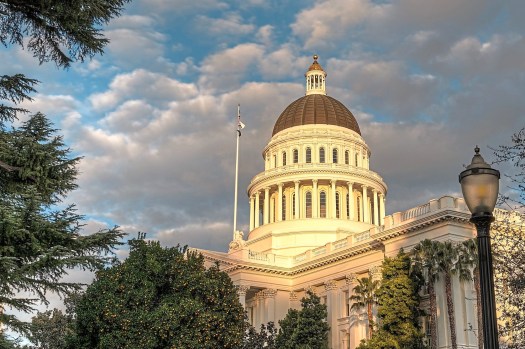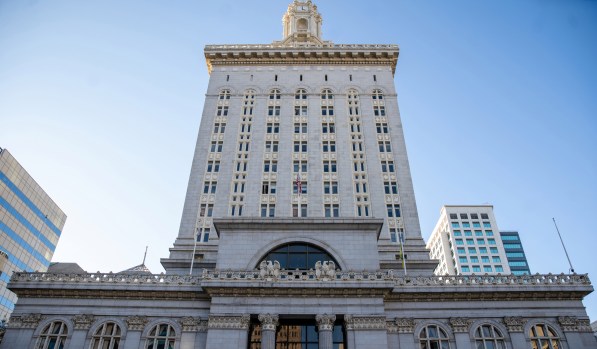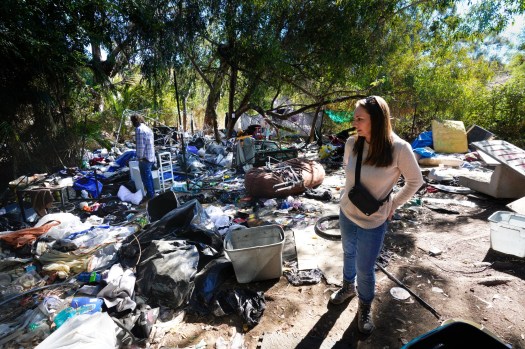As early as 2026, California voters could have a say in a plan to change the state’s financial regulations.
Aiming to strengthen the state’s budget stability account, also referred to as the rainy day fund, which the state utilizes to save aside funds for difficult periods, such as recessions or unforeseen emergencies, ACA 1 was introduced by Assemblymember Avelino Valencia, D-Anaheim.
By increasing California’s annual savings, the amendment would enable the state to better withstand economic downturns. Currently, only 1.5% of California’s annual general fund revenue—the state’s primary source of tax revenue—must be contributed to the rainy day fund according the state constitution.
The new percentage has not yet been decided, but ACA 1 aims to change that by increasing that annual rate. After more talks with different parties, the new annual transfer rate will be decided, Valencia stated.
Additionally, the rainy day fund’s maximum amount would be doubled, from 10% to 20% of the state’s total anticipated tax receipts for the year. For instance, the rainy day fund maximum would rise from $20 billion to $40 billion if the state’s total tax revenue was $200 billion.
California’s primary source of funding, the general fund, pays for things like public safety, education, healthcare, and transportation. Income, sales, and corporation taxes are its main sources of funding.
The plan is still in its infancy. After a month-long break, the legislative session resumes on Monday, January 6. However, Valencia stated that the goal is to qualify the amendment for the vote in 2026. A majority of California voters must support the amendment in a statewide election for it to pass.
According to Valencia, the government must exercise fiscal responsibility and pay attention to every tax dollar, including how it is invested and saved for future downturns. When we are able to increase our savings, we ought to be able to do so, just as any responsible person or family would when they are assessing their financial situation.
The Legislative Analyst’s Office reports that California has experienced significant budgetary difficulties recently, with a $27 billion deficit in the fiscal year 2023–2024 and a $55 billion loss in the fiscal year 2024–2025.
In the end, Valencia stated, “I believe people will realize that this is the best long-term course of action for the health of California and its constituents.” This is, in my opinion, one of the greatest presents that the current generation of Californians can give to the next generation.
“I think it’s a common sense concept that most Californians and most families practice,” he said, adding that “saving a dollar today gives more opportunities for the future.”
A two-thirds majority in both legislative houses is required for the amendment to be put on the ballot.
Note: Every piece of content is rigorously reviewed by our team of experienced writers and editors to ensure its accuracy. Our writers use credible sources and adhere to strict fact-checking protocols to verify all claims and data before publication. If an error is identified, we promptly correct it and strive for transparency in all updates, feel free to reach out to us via email. We appreciate your trust and support!




